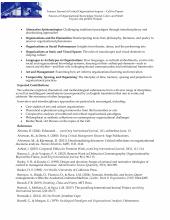Anonymous Anonymous
|
Ilaria Boncori; Davide Bizjak; Luigi Maria Sicca
Wyświetleń2911 Pobrań1032
|
Axel Haunschild
Wyświetleń3143 Pobrań1390
|
Ray Gordon; David Grant
Wyświetleń2055 Pobrań1788
|
David M. Boje
Wyświetleń2421 Pobrań1078
|
Kenneth Mølbjerg Jørgensen; David M. Boje
|
Edward Barratt
|
Hugh Willmott
|
Ann Starbæk Bager
Wyświetleń2802 Pobrań1092
|
Aleksandra Przegalińska
|





